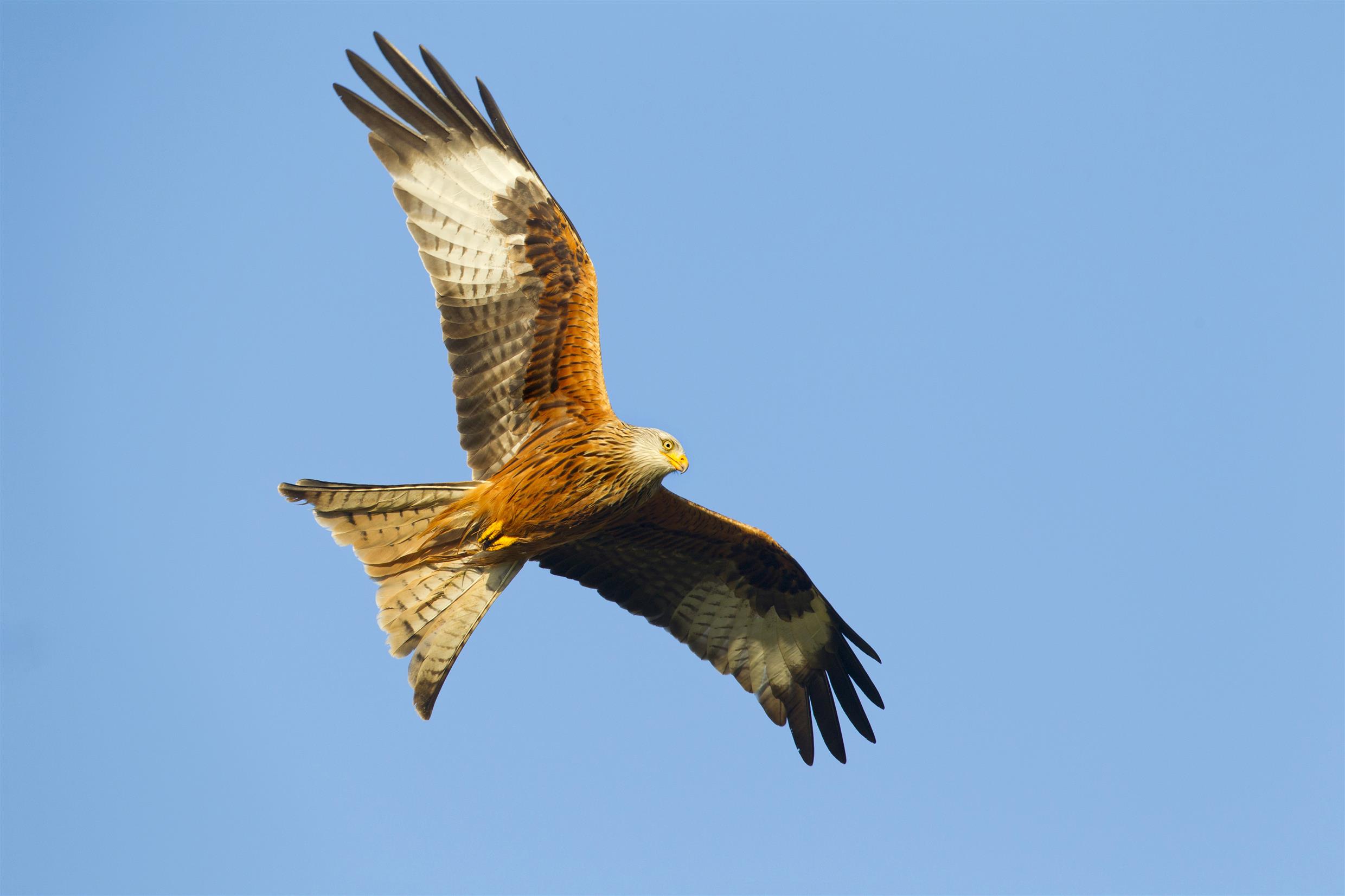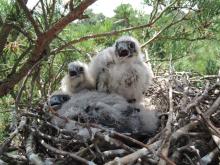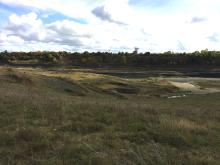
Quarry sites throughout the UK are great places for birds of prey the latest RSPB and
Teaming up with building materials company Cemex in its national partnership, the RSPB asked quarry managers to complete a survey of the birds of prey they see at their sites.
Although the two most commonly reported species have not changed since the previous survey, buzzards have overtaken kestrels to take top spot. Both were reported at more than half the sites. Red kite and hobby sightings remained fairly constant and were seen hunting at 15% of the quarries, while the occurrence of sparrow hawks has improved to 46%.
There was also good news regarding barn owls and peregrines, populations of which have been under pressure in recent years, with both species recorded at over a third of sites.
All of the species observed are fully protected in the UK and experts are excited to have them using these reclaimed habitats.
Sam Tarrant, RSPB quarry restoration advisor, said: “Due to their scale, quarry sites offer usually large open spaces with a good range of habitats suitable to these magnificent birds: from rocky ledges, ideal nesting sites for peregrine falcons, to rough tussocky grass, just the sort of habitat for the small mammals hunted by kestrels and barn owls.
“The sites can also provide a great range of other habitats including woodland, reedbeds, grassland, heathland and ponds. Historically, restored sites have provided many amazing places for wildlife in the UK.
“The Cemex/RSPB partnership is a great example of industry and conservation working together to benefit wildlife.”
Being one of the largest building materials companies in the UK, and owner of the sites, Cemex says it is proud it is giving nature a home on their sites. As part of Cemex UK’s commitment to increasing biodiversity awareness within the company, a poster has been provided to all its quarry sites to highlight the importance of quarries to birds of prey.
Andy Barber, a Cemex quarry manager, says; “I have been working for Cemex for the past 20 years. I love to see the different species that visit the quarry. Over the years we have thought about our method of working and restored areas to accommodate some species particularly sand martins and little ringed plovers. I have seen a large and welcome increase in the buzzard and summer visitors include hobby which like to hunt the sand martins. We also had a visit from two red kites this year which was exciting.”






